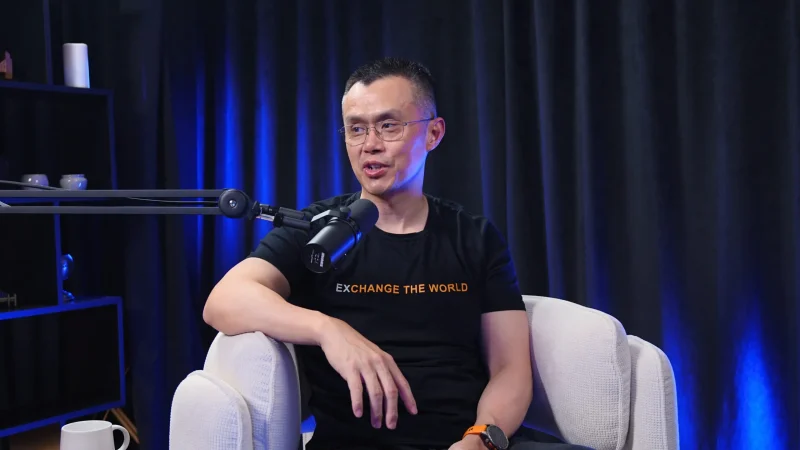Why Nations Consider Bitcoin
Changpeng “CZ” Zhao, founder of Binance, predicts a global contest to integrate Bitcoin into national reserves. On August 2, 2025, he asserted that countries will vie to adopt the cryptocurrency at the state level. He believes that treating Bitcoin as a strategic reserve marks the next frontier in international finance.
Nations face mounting pressures—soaring debt, persistent inflation, and fears of fiat devaluation. Consequently, many governments now view Bitcoin not just as an investment, but as a hedge. Furthermore, Bitcoin’s fixed supply and decentralized network offer a safeguard against traditional monetary risks.
Early Adopters and Case Studies
Empirical data highlights strong grassroots crypto use in emerging economies. Chainalysis’s 2024 Global Crypto Adoption Index places India, Nigeria, and Argentina at the top per capita. In these markets, citizens often rely on digital assets for remittances and basic banking services—setting the stage for official embrace.
In March 2025, U.S. President Donald Trump issued an executive order to create a Strategic Bitcoin Reserve, seeded with seized coins. Dubbed “digital Fort Knox,” the plan directs Treasury and Commerce to hold Bitcoin permanently alongside foreign-exchange assets. Since then:
- Sixteen states have proposed or enacted legislation for state-level crypto reserves.
- Texas launched its own Bitcoin reserve on June 22, 2025, while Arizona and New Hampshire passed bills enabling treasuries to invest in Bitcoin.
- Abroad, Belarus’s president called for expanded crypto mining, and India’s Economic Affairs Secretary confirmed a policy review in response.
El Salvador’s experience offers lessons. The country became the first to make Bitcoin legal tender in 2021. Initially, shipments fueled foreign investment and improved financial inclusion. However, under a December 2024 IMF agreement, San Salvador scaled back its program, citing volatility and transparency concerns. As of early 2025, El Salvador holds over 6,100 BTC, yet public opinion remains split on whether benefits outweighed the risks.
Potential Pitfalls and Future Outlook
Beyond the Americas, legislators in Argentina, Brazil, Hong Kong, Japan, and the Czech Republic have proposed allowing central banks to add Bitcoin to reserves. Russia’s state news agency reported a government proposal after President Putin praised Bitcoin as an alternative reserve asset. Meanwhile, Japan’s massive Government Pension Investment Fund is exploring Bitcoin diversification.
However, experts warn against hasty adoption. A recent Mitrade study describes a “bandwagon effect,” where countries rush to follow peers. Without clear regulations, price swings and legal uncertainties could threaten financial stability. Therefore, rolling out Bitcoin holdings demands robust oversight and phased integration.
Ultimately, CZ’s vision of a geopolitical “race” for Bitcoin hinges on how wisely governments balance innovation with caution. In the coming months, we’ll see which nations lead the charge—and which ones choose to watch and learn.
